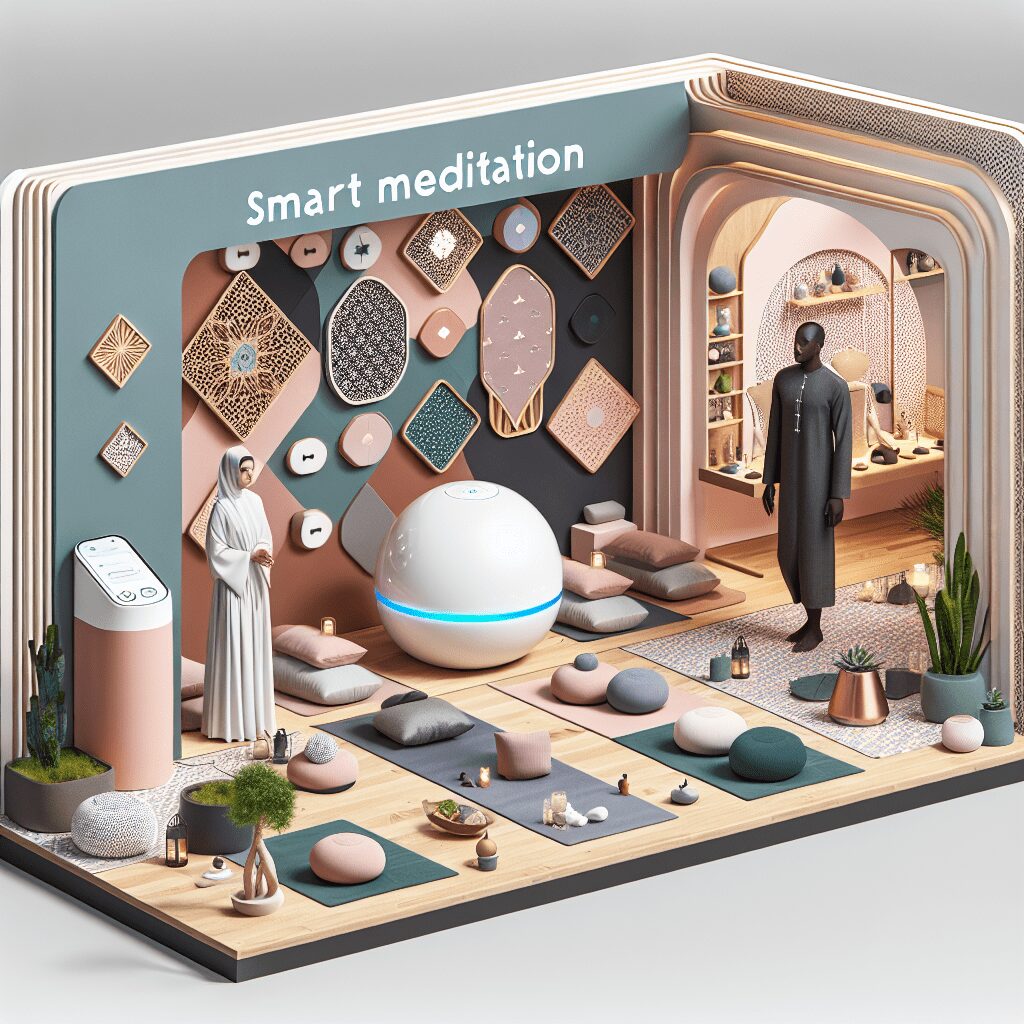
Prioritize your mental well-being daily. Enhance your life by nurturing your mental health with the Smart Meditation app. Break free from stress, alleviate anxiety, and enhance your sleep quality starting today.
Can A Meditation Practice Help With Hypnosis?
Unlocking the Mind: The Synergy of Meditation and Hypnosis
In a world that constantly buzzes with activity, the art of calming the mind through meditation and hypnosis is like a breath of fresh air. While they might seem like two ships sailing in different directions, meditation and hypnosis actually share a more profound connection than meets the eye. With a sprinkle of curiosity and a dash of open-mindedness, let’s explore how integrating meditation into your life could actually be a game-changer for those delving into the hypnotic realms.
The Meditative Mind: A Hypnotist’s Best Friend
Imagine your brain as a labyrinth; meditation teaches you the path through it, while hypnosis guides you directly to its treasures. Meditation sharpens the mind, enhances focus, and cultivates an awareness that is crucial for effective hypnosis. It’s like prepping the canvas before the artist begins his masterpiece. Here’s why a meditation practice might just be your golden ticket to a more profound hypnotic experience:
-
Increased Concentration: Meditation is all about honing your ability to concentrate. And guess what? A gold-star hypnotic experience often depends on how well you can focus on the hypnotist’s instructions or your self-hypnosis affirmations. So, in essence, meditation is doing the groundwork for successful hypnosis.
-
Heightened Awareness: Ever tried listening intently to something while your mind races a marathon? It’s no walk in the park. Meditation trains your brain to be present; this heightened sense of awareness is priceless during hypnosis, making it easier to delve deep into your subconscious.
-
Stress-Busting Powers: It’s no secret that a relaxed mind is more receptive. Meditation lowers stress levels, making it easier for the suggestibility of hypnosis to take root. It’s like turning the soil before planting a seed – the softer it is, the deeper the seed will go.
-
Emotional Equilibrium: Riding the emotional rollercoaster? Meditation can help steady the cart. Emotional balance is crucial during hypnosis, especially when addressing deep-seated issues. A calm, meditative state can make navigating these emotions during hypnosis a tad easier.
How to Weave Meditation into Your Hypnosis Practice
So, ready to give your hypnosis practice a leg up? Here’s how you can integrate meditation for optimum results:
-
Start Small: Begin with short meditation sessions. Even five minutes can make a difference. The key is consistency, not duration.
-
Routine is King: Try to meditate at the same time every day. This consistency not only builds the habit but also primes your mind for hypnosis.
-
Mix and Match: Experiment with different meditation techniques. Guided meditations, focusing on breath, or even mindful walking can all contribute to a richer hypnotic experience.
-
Pre-Hypnosis Ritual: Consider meditating right before your hypnosis sessions. This can serve as a mental “cleansing” process, preparing you for a deeper dive into your subconscious.
The Final Verdict
So, can a meditation practice help with hypnosis? Absolutely. Think of meditation as the secret sauce that enriches your hypnotic endeavors. By fostering a space of enhanced focus, awareness, relaxation, and emotional balance, meditation not only complements but elevates the hypnosis experience. Whether you’re a seasoned hypnotist or just dipping your toes in the water, incorporating meditation into your routine is a no-brainer. After all, in the quest for mental wellness, every little bit helps. And who knows? This combo might just be the key to unlocking potentials you never knew you had.





